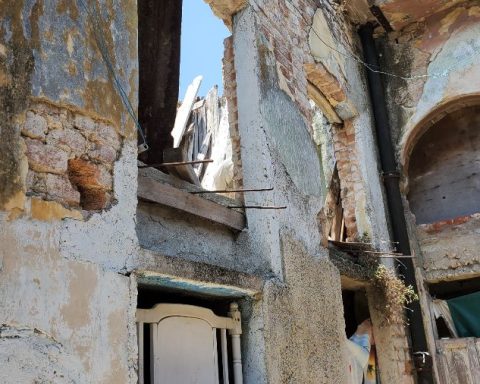The Ministry of Health announces some of the signs and symptoms that should warn of the need to take the child to the health service.
Many parents, guardians or caregivers wonder When should I take my son or daughter to the emergency room?
In this regard, to recognize the signs and symptoms that should alert attention to the emergency area, because the life of the child or adolescent could be at risk, a “quick guide for parents and caregivers”.
Read: If you have chikungunya, you should use a mosquito net
Respiratory disease
– Ribs sink in when breathing.
– It has chest squeal or chiã chest.
– Has a moan (pyahẽ).
– Turns blue when coughing (hovy).
– Stop breathing or pause.
– Cannot eat or sleep peacefully.
– He has less than two months to live.
vomiting or diarrhea
– He has less than a month to live.
– They are accompanied by blood.
– He seems confused, but he’s awake.
– You have severe and continuous abdominal pain.
– He is thirsty, sunken eyes, dry mouth, urinates little.
accidents
– Burns.
– Blow to the head with loss of consciousness.
– Electrocution.
– Wounds or dog bites.
– Trauma, with deformity.
– Ingestion of cleaning products, medicines, drugs, batteries, coins or sharp objects.
Read More: There are 119 cases of monkeypox in the country: 99% of those infected are men
Fur
– Pale (hesa’yju), mottled or greyish, bluish (hovy).
– Jaundice or yellow (thyrush).
– Sudden appearance of: spots of any color, swelling of the lips or eyelids.
Fever (greater than or equal to 38°) and
– He has less than three months to live.
– Intense headache, with vomiting.
– You have cancer or heart disease.
– You have fits or convulsions.
– Rejects food or is very low.
– Lasts more than three days.
Conduct
– Has inconsolable crying (irritability).
– He is down even without fever.
– Had fits or convulsions.
– Does not wake up or is difficult to wake up.
– He has dizziness.
– He has loss of strength.
– He lost consciousness.
– Presents aggressiveness.
– He expressed a desire to kill himself.
Others
– Stop urinating or urinate with blood.
– You have pain, with or without testicular swelling.
– You have severe abdominal or chest pain.
– You have a severe headache.
– Edema or swelling in the face or limbs.
The non-urgent inquiries They can be done at the Family Health Unit (USF) closest to the home. Family health teams are prepared for primary health care.
The proper use of emergencies will allow better care for everyone. Avoid bringing healthy children to this hospital area.
It is worth mentioning the importance of Keep the vaccination schedule for boys and girls up to date.

















